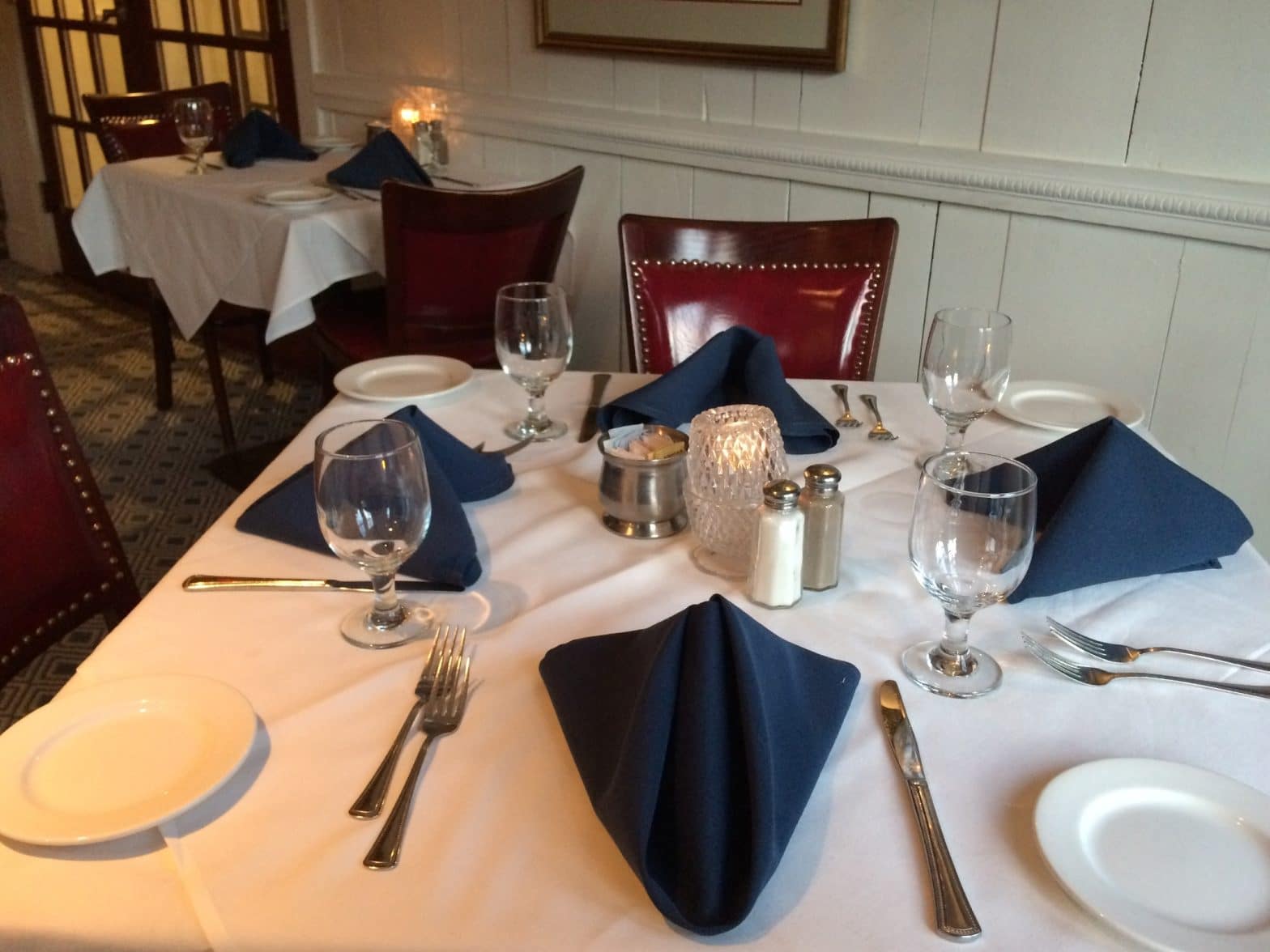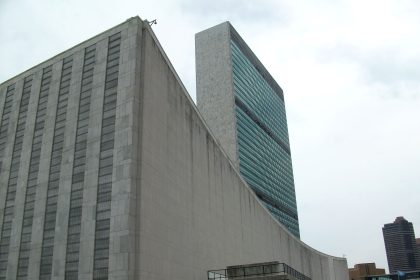Restaurants Sue Insurance Companies for Business Losses from Pandemic

WASHINGTON – Restaurants are filing a surge of lawsuits against insurance companies as they seek coverage for business interruptions during the coronavirus shutdown.
The insurance companies say their business interruption policies grant them exemptions for viruses that cause no physical damage.
In other words, the insurers are refusing to pay.
One of the recent lawsuits was filed as a class action by the Washington, D.C. restaurant GCDC Grilled Cheese Bar against the Hartford Financial Services Group.
“GCDC and other restaurants similarly situated bought full-spectrum, comprehensive insurance for their businesses – not just for damage to their physical premises and equipment,” the lawsuit says.
“These restaurants believed that they had comprehensive coverage that would apply to business interruptions under circumstances like these, where they have done everything right to protect their businesses and the public,” the lawsuit says. “Such coverage is important, if not vital, because profit margins in the restaurant industry are slim and reserve funds tend to be low.”
The lawsuit seeks to get around insurers’ denial of coverage for viruses by invoking a clause in the policies for “civil authority” actions.
Civil authority clauses in insurance policies require reimbursement for income lost when a government entity denies customers access to an insured business property.
The GCDC lawsuit says the civil authority clause can be invoked because of Washington, D.C. Mayor Muriel Bowser’s March 20 order that prohibited gatherings of more than fifty persons as well as table seating at any restaurant in the District of Columbia.
Similar social distancing requirements in other cities have cut deeply into the business of restaurants, prompting several of them to sue their insurers.
They typically ask the courts not to overlook the importance of the restaurant industry to the local and national economies.
Restaurants employ about 11 million workers and produce 4% of the gross domestic product, according to the National Restaurant Association.
Restaurant franchisees are projecting a 20% drop in sales in the second quarter of 2020, according to a new report from Kalinowski Equity Research.
In Wisconsin, Badger Crossing Pub & Eatery in rural Cashton filed a class action lawsuit that accuses Society Insurance of issuing a blanket denial of coverage without investigating whether the restaurant should qualify for reimbursement.
In Los Angeles, the popular Mexican restaurant Pez Cantina sued Travelers Indemnity Co. after it incurred losses when it was forced to either close or stick with takeout and delivery only.
In Houston, a company that owns four restaurants is suing Scottsdale Insurance Company after being told its policy will not cover pandemics unless it can prove physical damage to building surfaces.
The insurance companies decline to talk about specific lawsuits. However, they say proving that a virus caused a financial loss is more complicated than most business interruptions, which usually refer to damage from fires, floods or hurricanes.
Travelers Indemnity recently posted a notice on its website to its New York policyholders that says, “Insurance for business interruption can provide coverage when a policyholder suffers a loss of income due to direct physical loss or damage to covered property at its location or another location. It does not cover loss of income due to market conditions, a slowdown of economic activity or a general fear of contamination. Nor does the policy provide coverage for cancellations, suspensions and shutdowns that are implemented to limit the spread of the coronavirus. These are not a result of direct physical loss or damage.”
The Washington, D.C. class action lawsuit is GCDC LLC v. The Hartford Financial Services Group, Inc., U.S. Dist.Ct.-D.C., Civil Action No. 1:20-cv-01094, Filed April 27, 2020.

























